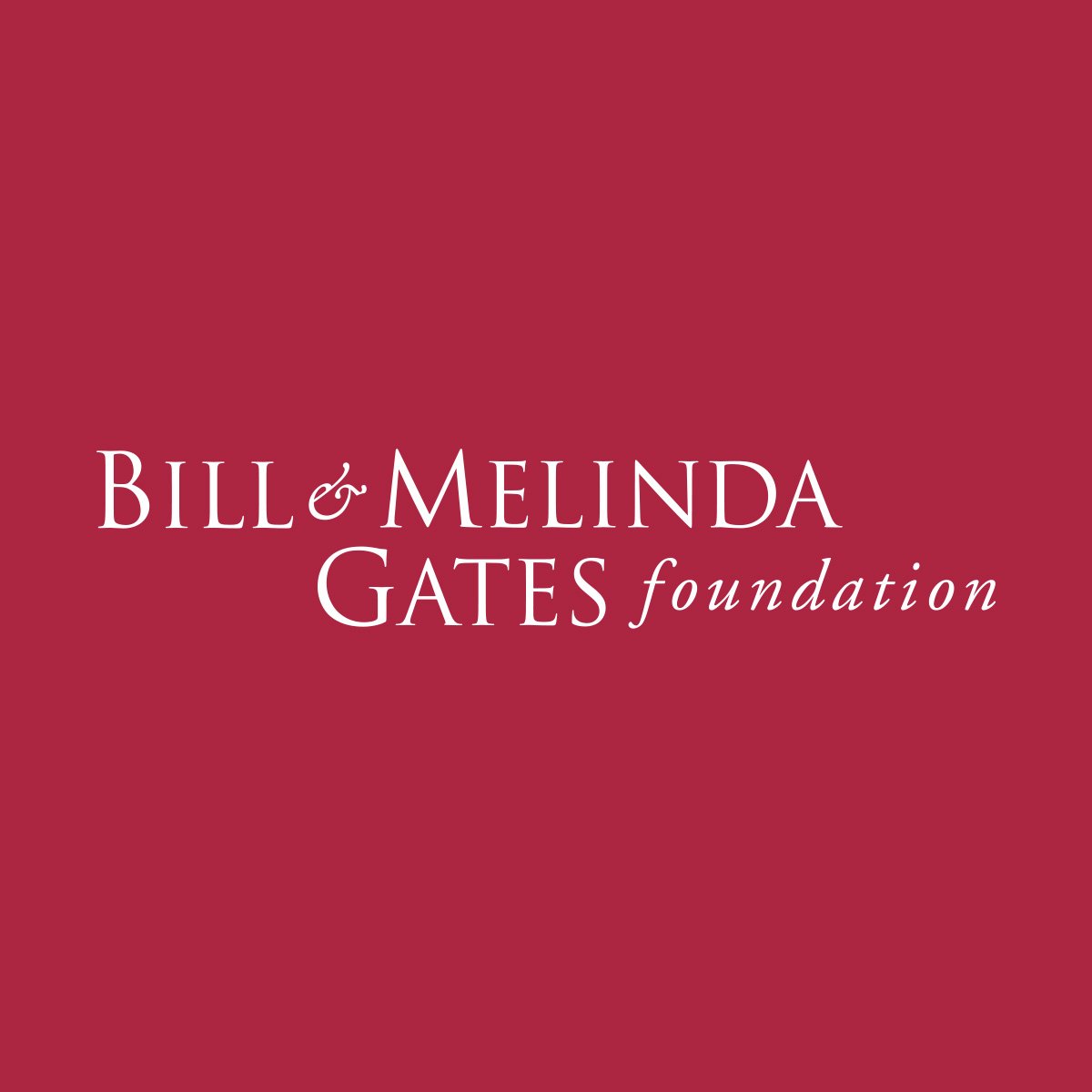
In late 2019, the Bill and Melinda Gates Foundation co-hosted a pandemic exercise that simulated a global coronavirus outbreak. The findings are extremely disturbing in light of the current Coronavirus outbreak that started in Wuhan China last month.
The simulation, titled “Event 201” pandemic, the pandemic exercise “dropped participants right in the midst of an uncontrolled coronavirus outbreak that was spreading like wildfire out of South America to wreak worldwide havoc.” In the simulation, the CAPS (the coronavirus) resulted in a death toll of 65 million people within 18 months,” according to John Hopkins University.
Scientist and scholar Eric Toner, who helped run the simulation said in an interview on Friday with the business-news channel CNBC, that China’s efforts to contain the current outbreak of a fast-moving upper-respiratory illness are “unlikely to be effective.”
Toner told Business Insider during an interview that he hasn’t completed research on the current strain of the Wuhan coronavirus, known as 2019-nCoV, but claimed that the death toll could run in the millions if the virus were resistant to modern vaccines and was as easy to catch as the common flu.
Beyond the deaths, the simulation was focused on how society could collapse.
Toner said that his coronavirus simulation “was not [focused primarily on] the number of deaths; it was to point out that there could be societal and economic consequences from a severe pandemic, not just health consequences.”
Just last week, the Johns Hopkins Center for Health Security, The World Economic Forum, and the Bill & Melinda Gates Foundation called for joint action and said that “The next severe pandemic will not only cause great illness and loss of life but could also trigger major cascading economic and societal consequences that could contribute greatly to global impact and suffering.”
The organizations jointly proposed the following:
- Governments, international organizations, and businesses should plan now for how essential corporate capabilities will be utilized during a large-scale pandemic.
- Industry, national governments, and international organizations should work together to enhance internationally held stockpiles of medical countermeasures (MCMs) to enable rapid and equitable distribution during a severe pandemic.
- Countries, international organizations, and global transportation companies should work together to maintain travel and trade during severe pandemics.
- Governments should provide more resources and support for the development and surge manufacturing of vaccines, therapeutics, and diagnostics that will be needed during a severe pandemic.
- Global business should recognize the economic burden of pandemics and fight for stronger preparedness.
- International organizations should prioritize reducing economic impacts of epidemics and pandemics.
- Governments and the private sector should assign a greater priority to developing methods to combat mis- and disinformation prior to the next pandemic response.



